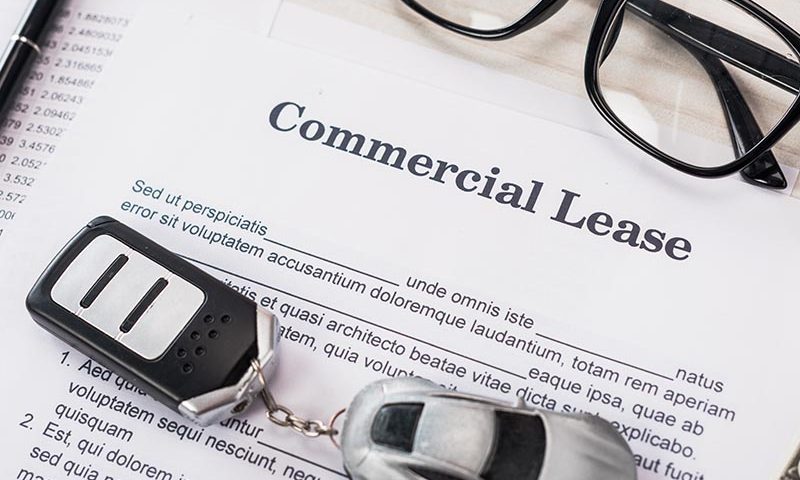The topic of commercial leases is not an exciting one even among lawyers. Commercial leases tend to be very long, technical and worded in favor of the landlord. I have heard from many business people that the wording of the lease is not negotiable. It is a myth. Although some provisions are indeed standard, and the landlord would not change them, many provisions are negotiable.
It is critical for a tenant to have the lease reviewed by a lawyer who practices in this area, as there are many technical and specific terms. The lawyer who practices in the area of commercial leases knows the special terms and would be able to advise which terms of the lease the tenant can and should negotiate.
I regularly review commercial leases for my business clients, so I have compiled a list of ten most important things that, in my opinion, the tenant should consider before signing the offer to lease. Yes, the main terms of the lease can and should be negotiated before an offer to lease is signed.
The following list is non-exhaustive, as leases differ in their type (retail, manufacturing, office) and complexity.
1. What are the amounts of basic and additional rent for each year of the lease? Is there a maximum percentage by which operating costs can be increased year over year?
2. What is the term of the lease? Both shorter terms and longer terms have their respective advantages and disadvantages. If you wish to lock in the rent, then a longer term may be better for you.
3. Is there an option to renew? Beware that the option to renew typically requires that the tenant gives advance notice to the landlord of its desire to renew. If the tenant misses the deadline to give the advance notice, the landlord may refuse to renew the lease and the court will agree with the landlord.
4. Does the lease stipulate that the management fees and operating costs are on a non-profit basis to the landlord? In other words, the management fees and operating costs are supposed to compensate the landlord for its expenses, not to be another profit center for the landlord.
5. How easy would it be to transfer or assign the lease if your company’s ownership changes? It is normal to see restrictions on transfer. Beware of an outright prohibition on transfer during specific period or an ability by the landlord to prohibit transfer from the operating to the holding company under the same effective control.
6. Would you be concerned if the landlord leases space on the same plaza to a similar or competing business? If so, you should ask for a non-compete covenant by the landlord.
7. Does the tenant get reserved parking? Does the tenant have to pay for the sign? If so, how much?
8. Would the tenant be able to terminate the lease in the event more than a certain percentage of the building is destroyed or cannot be used?
9. Is the landlord required to give the tenant advance notice before starting renovations to the building or driveways near the building? Is the proposed period of notice sufficient to you?
10. If the tenant’s business may generate noise, e.g. daycare for children or pets or odor, e.g. veterinary clinic, then such customary noise should be excluded expressly from the general prohibition on noise and nuisance.
As I have stated at the begging of this article, this is a non-exhaustive list of the factors to be considered and I invite you to contact me for a comprehensive review of your lease and assistance in negotiating better terms.


